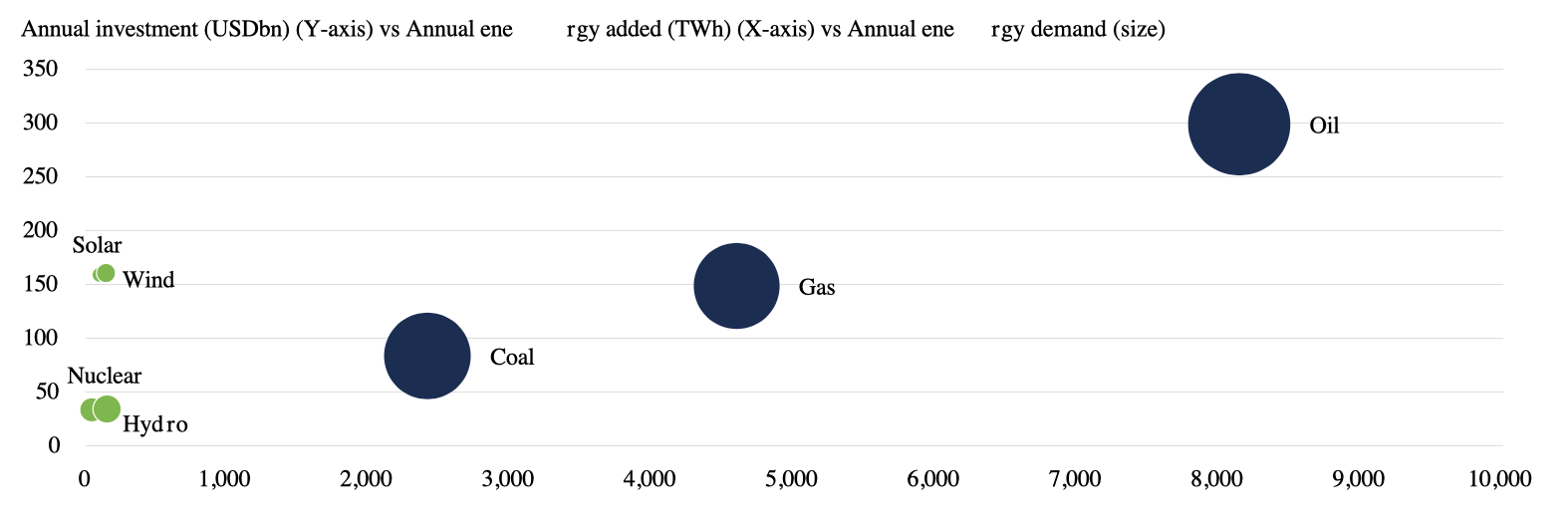Mental Health Claim Rates: High Costs And Stigma Limit Access

Table of Contents
The High Cost of Mental Healthcare
The financial burden of mental healthcare is a significant barrier to treatment. Many individuals simply cannot afford the necessary services, leading to delayed or forgone care, thus impacting mental health claim rates.
Financial Barriers to Treatment
The cost of mental healthcare can be prohibitive. Therapy sessions, medication, and inpatient care all carry substantial price tags.
- Therapy Sessions: The average cost per session can range from $75 to $200 or more, depending on the therapist's experience and location. This quickly becomes unaffordable for many, especially those without robust insurance coverage.
- Medication: Psychiatric medications, while essential for some, can be expensive, particularly brand-name drugs. Co-pays and out-of-pocket expenses can significantly impact affordability.
- Hospitalization: Inpatient care for severe mental health crises is incredibly costly, often requiring extensive stays and specialized treatment, leading to massive medical bills.
The lack of affordable mental health options is particularly acute for low-income individuals. A recent study found that over 60% of those without insurance forgo mental health treatment due to cost. This directly impacts mental health claim rates, showing the connection between affordability and access.
Lack of Insurance Coverage or Inadequate Benefits
Even with insurance, many individuals face significant out-of-pocket expenses due to inadequate mental health coverage. Insurance plans vary widely in their benefits, leaving many individuals with insufficient support.
- Insufficient Coverage: Many plans impose strict limits on the number of therapy sessions covered annually. This forces individuals to shoulder the cost of additional sessions or discontinue treatment prematurely.
- Limitations on Treatment: Some plans exclude specific treatments or medications, limiting treatment options and potentially hindering recovery.
- Pre-authorization Requirements: The necessity for pre-authorization for every therapy session or medication refill adds another layer of complexity and cost, often delaying crucial treatment.
Statistics show that a significant percentage of individuals with insurance still struggle to afford mental healthcare due to high deductibles, co-pays, and other limitations. This severely impacts mental health claim rates, illustrating the crucial need for improved insurance policies.
The Persistent Stigma Surrounding Mental Illness
The pervasive stigma associated with mental illness is another major factor driving down mental health claim rates. Fear of judgment and discrimination prevents many individuals from seeking help.
Social Stigma and Fear of Judgment
Societal stigma surrounding mental illness remains a significant barrier. Negative stereotypes and misconceptions persist, leading to discrimination and social isolation.
- Stereotypes and Misconceptions: Harmful stereotypes portray individuals with mental illness as unstable, unreliable, or dangerous. This fuels prejudice and reinforces reluctance to seek help.
- Impact on Help-Seeking Behavior: Fear of judgment from family, friends, employers, or society at large deters individuals from seeking professional help, leading to delayed or avoided treatment, which in turn contributes to low mental health claim rates.
- Discrimination: Individuals fear discrimination in employment, housing, and social situations, further exacerbating the problem. This fear of judgment significantly affects their willingness to seek diagnosis and treatment.
Studies indicate that a substantial portion of individuals avoid seeking treatment due to the fear of stigma and potential negative consequences. Addressing this stigma is crucial for increasing mental health claim rates.
Lack of Awareness and Education
A lack of understanding and education about mental health issues fuels the stigma and hinders help-seeking behavior.
- Need for Public Awareness Campaigns: Increased public awareness campaigns are crucial to educate the public about mental illness, dispel misconceptions, and promote understanding and empathy.
- Role of Education: Early education in schools about mental health can help reduce stigma and foster open conversations. Promoting mental health literacy is a crucial step towards improving mental health claim rates.
- Early Intervention: Increased awareness can encourage individuals to seek help earlier, leading to more effective treatment and better outcomes.
Limited Access to Mental Healthcare Providers
The shortage of mental health professionals, particularly in underserved areas, severely limits access to care.
Shortage of Mental Health Professionals
A significant shortage of psychiatrists, psychologists, therapists, and other mental health professionals exists in many regions.
- Professional Shortage Statistics: The number of mental health professionals per capita is often insufficient to meet the growing demand for services, leading to long wait times for appointments and limited access to specialized care. This shortage directly contributes to low mental health claim rates.
- Geographical Limitations: Access is particularly limited in rural and underserved communities, creating significant health disparities and impacting mental health claim rates in these areas disproportionately.
- Long Wait Times: Many individuals face lengthy wait times for appointments, further hindering access to timely and effective treatment.
Lack of Diverse and Culturally Competent Providers
The lack of diversity among mental health professionals poses another challenge.
- Culturally Sensitive Care: Access to culturally competent care is crucial for individuals from diverse backgrounds. Language barriers, cultural differences, and lack of understanding can impede the therapeutic process and result in unmet needs.
- Barriers for Marginalized Communities: Marginalized communities often face additional barriers in accessing mental health services. Addressing these systemic issues is critical to reducing health disparities.
Conclusion
High costs, persistent stigma, and limited access to mental health professionals significantly contribute to low mental health claim rates, preventing many individuals from receiving the care they need. To address this crisis, we must implement policy changes, increase funding for mental healthcare, and launch comprehensive public awareness campaigns. We need to improve access to affordable and culturally competent care, thereby reducing the financial burden and the social stigma associated with mental illness. Demand better mental health coverage from your insurance provider, advocate for policies that improve access and affordability, and help to reduce the stigma surrounding mental health issues. If you need help, seek it. Let's work together to increase mental health claim rates and improve the well-being of our communities.

Featured Posts
-
 Duurzame Scholen En Energiezekerheid De Rol Van Generatoren In Bio Based Onderwijs
May 02, 2025
Duurzame Scholen En Energiezekerheid De Rol Van Generatoren In Bio Based Onderwijs
May 02, 2025 -
 Fans React To Christina Aguileras Heavily Edited Photoshoot Images
May 02, 2025
Fans React To Christina Aguileras Heavily Edited Photoshoot Images
May 02, 2025 -
 Tvs Dallas The Passing Of Another Beloved Actor
May 02, 2025
Tvs Dallas The Passing Of Another Beloved Actor
May 02, 2025 -
 England Women Vs Spain Women A Comprehensive Match Preview And Prediction
May 02, 2025
England Women Vs Spain Women A Comprehensive Match Preview And Prediction
May 02, 2025 -
 Christina Aguilera Photoshopped Photos Spark Fan Backlash
May 02, 2025
Christina Aguilera Photoshopped Photos Spark Fan Backlash
May 02, 2025
